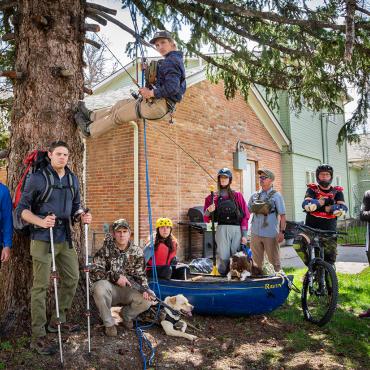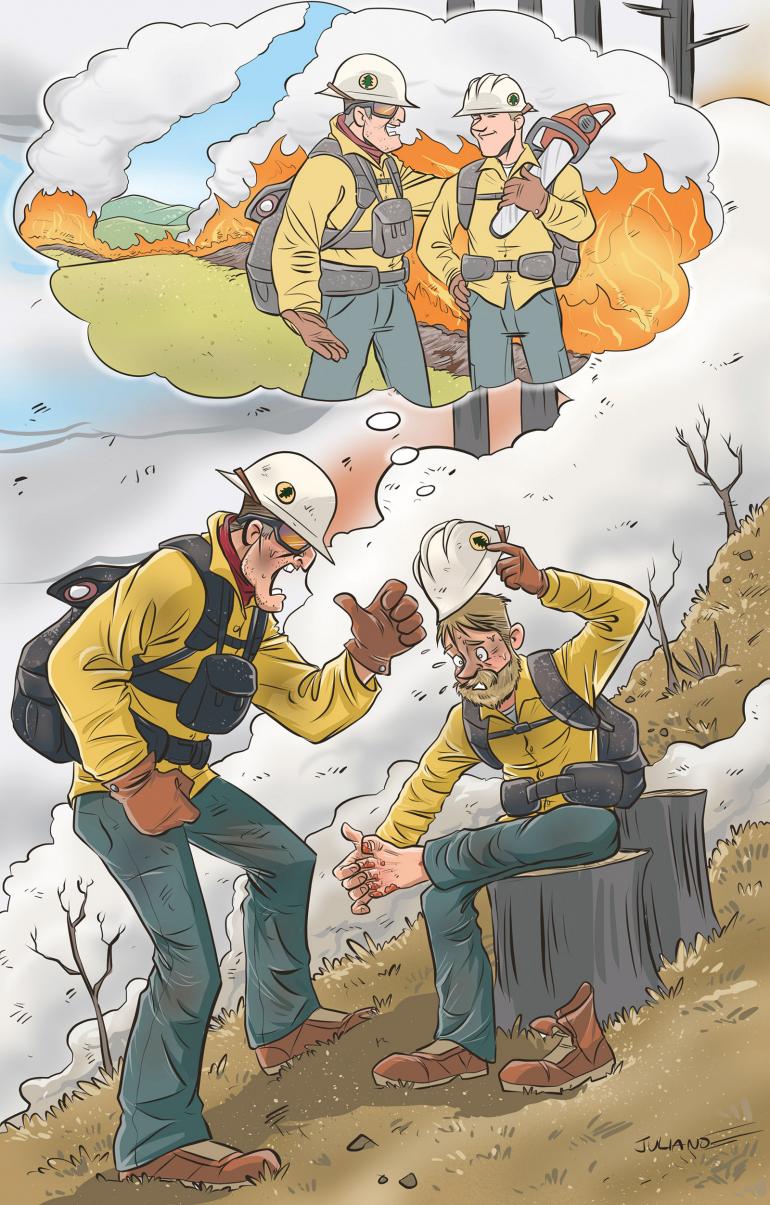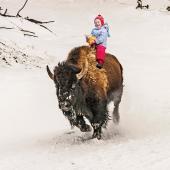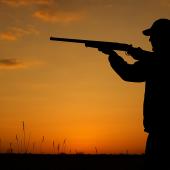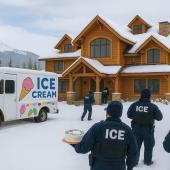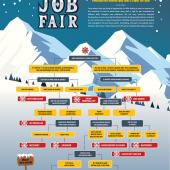Dream vs. Reality: Wildland Firefighting
Is it really all a blaze of glory?
For most outdoor folk, summer jobs have a few essential boxes that need checking. First, you’ve gotta make enough money to carry you through to the following year, or at least to a wintertime gig. Then there’s the people you work with—hopefully all compatible enough to enjoy each other’s company while striving toward a common goal. And finally, we have the adventure factor, which speaks for itself.
Wildland firefighting is a job that fulfills all three requirements—and the latter in abundance. Some people try it out for a season, but soon find themselves carving out a 30-year dirtbag career with the Forest Service. Still others can barely muster up the gumption to make it through a single roll. Either way, is it really all the blaze of glory it seems to be from a distance? Let’s find out.
Dream
With goals of spending the summer outside, performing rewarding manual labor, and forming tight bonds with like-minded co-workers, you commit to joining a hand crew. After two weeks of intense PT and classroom exercises, you feel fit and ready for the line. Your leadership is dialed, with decades of experience and high reputations from everyone in the region. Your first assignment is a grass fire in the foothills above a small town. Right out of the gate you’re running and gunning, digging line and trying to keep up with the flaming front. It’s at once exhilarating and meaningful. After three exhaustive hours, you tie in with the other half of your crew who has been working equally as hard to secure the other flank. As your lines meet and the flames come to a halt, you high-five and take a much-deserved drink of water. Your captain pats you on the back and proudly asserts that your efforts played a pivotal role in saving the nearby community. Throughout the summer, you become stronger, more knowledgeable, and an artist with a chainsaw. The season flies by and at the end of it, you’ve got 20 new best friends with a lifetime of memories, flaming fronts, and homes and businesses saved from the brink of ruin. Not to mention, plans and plane tickets. Come December, you’re taking your girlfriend climbing in Patagonia, then heading to Canada to ski. All this before a big Grand Canyon trip in February. And you don’t even have to be back to work ’til April. Indeed, the life of a wildland firefighter is as good as it gets.
Reality
With dreams of becoming a smokejumper, you join a Type II hand crew to gain some experience, but quickly discover it’ll take three years of hot-shotting—a.k.a., backbreaking, smoke-sucking, mind-numbing drudgery—to be anywhere near qualified. Your two-week introductory class is cut short as fire season starts early and you hit the line with no idea of the fundamentals of firefighting, let alone how to start a chainsaw. Your supervisor has a wealth of knowledge, but all his time away from home has put him in the middle of a divorce, and he’s only more of an asshole because of it. Your first assignment is a ripping grass fire in eastern Montana, but local ranchers put it out before you get there. Your crew is rerouted to a complex fire high in the mountains. When you get there, you learn that three hot-shot crews have plugged in ahead of you and your job is to mop up their line. You spend two weeks on a steep, exposed slope in 100-degree temperatures. Despite not seeing a single flame the entire tour, your feet turn to hamburger and every crease on your body burns with the worst chafing imaginable. You spend your days off getting drunk at the local bar, attempting to forget the pain and stave off the inevitability of the next shitty assignment. Crew morale sinks lower by the day. At the end of a long, grueling season, you realize all your summer earnings have been wasted on booze and video bingo. Your girlfriend now hates you and you’re forced to pick up winter work just to make ends meet. Without a doubt, wildland firefighting is the worst job of your life.


